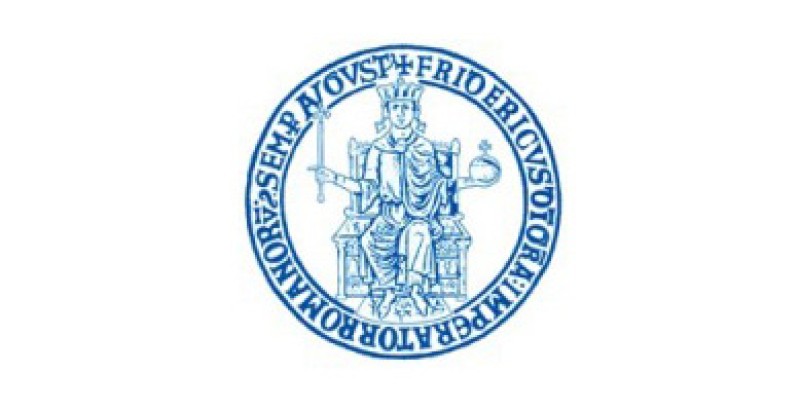Sub-theme 43: Projects, Knowledge and Time
Call for Papers
Projects as an organizational form play a critical role in many industries and societal contexts. Recently, the
scholarly investigation of projects has advanced considerably through theoretical perspectives highlighting the close linkages
beween projects and innovation, the difficulties of managing complexity in practice, and the nature of new forms of organizing.
Research has also investigated the role of projects play in triggering learning and developing organizational capabilities.
This theme seeks to advance our knowledge about organizing by projects by seeking to combine the knowledge and time dimensions
in projects.
Indeed, knowledge integration has always been a critical part of organizing by projects. People
join projects to integrate their diverse and uniquely held knowledge. However, knowledge integration in the context of projects
is closely associated with time and timing. For instance, the ideas of knowledge integration as a matter of "knowledge entrainment"
as well as the effort of syncronizing time perspectives and time orientations among the actors willing to achieve knowledge
integration at the right point in time are increasingly central issues. This observation was already apparent in the classic
work by Lawrence and Lorsch (1967) but there are still much more to do on this very subject. Knowledge integration requires
a deep understanding of the speed and tempo of different knowledge processes, of different players' cycles of problem solving,
and the ability for people to take part in organizational processes. Accordingly, we believe that project scholars interested
in knowledge processes and knowledge integration should be more aware of the time dimensions.
Time limits bring
about different reactions in project team members, depending on individual perceptions and attitude towards deadlines (Packendorff,
1995; Orlikowski & Yates, 2002). Gersick (1994), building on Clark (1985), distinguishes between chronological pacing,
elapsing on conventional clock measures, based on the achievement of milestones, on the one hand, and entrainment-based pacing,
on the other hand, in which the key concept is the alignment with external markers and field configuring events. This distinction
underlies the subsequent redefinition of non-linear learning patterns. The plurality of approaches to the role of time in
projects may help in providing insights on knowledge integration, but need to be developed further through in-depth empirical
research.
The sub-theme invites contributions that focus on one or several of the following topics, addressing
the intersection of issues related to projects, knowledge and time:
- Knowledge integration in project settings
- The role of time and temporality in project based organizations
- Temporal issues in the organizational design of project based organizations
- The interplay of power and organizational issues in knowledge integration processes at project level
- The externalization of human resources and the new forms of division of labour for empowered knowledge workers in project settings
- The investigation of learning and knowledge challenges in projects
- The relationship between boundary-spanning activities in projects and knowledge integration
- The combination and integration of extremely diverse knowledge for fostering innovation
The above should only be intended
as a tentative list; we would also encourage authors to explore issues that extend beyond these initial suggestions. The aim
of this sub-theme is to attract conceptual and empirical research able to increase our understanding of the role of time and
timing in knowledge integration in the context of projects. We are particularly interested in research that draws on a variety
of organizational theories and perspectives.
We welcome contributions at multiple levels of analysis – on individuals
in projects, on processes at the project level, and on firms organized through projects. Given that much theorizing at present
has been overly static we are interested in contributions that seek to uncover the emergence and dynamics of projects and
project-based firms – how knowledge is developed over time, how knowledge is integrated over time, and how projects change
over time.
All presentations will be commented by a discussant from the group. Session chairs will be asked to
provide a friendly atmosphere for discussion.
References
- Clark, P.A. (1985): "A Review of the Theories of Time and Structure for Organizational Sociology." Research in Sociology of Organization, 4 (1), 35–79.
- Gersick, C.J.G. (1994): "Pacing Strategic Change: The Case of a New Venture." Academy of Management Journal, 37 (1), 9–45.
- Lawrence, P., & Lorsch, J. (1967): "Differentiation and Integration in Complex Organizations." Administrative Science Quarterly, 12, pp. 1–30.
- Orlikowski, W.J., Yates J. (2002): "It's about Time: Temporal Structuring in Organizations." Organization Science, 13 (6), 684–700.
- Packendorff, J. (1995): "Inquiring into the Temporary Organization: New Directions for Project Management Research." Scandinavian Journal of Management, 11 (4), 319–333.


